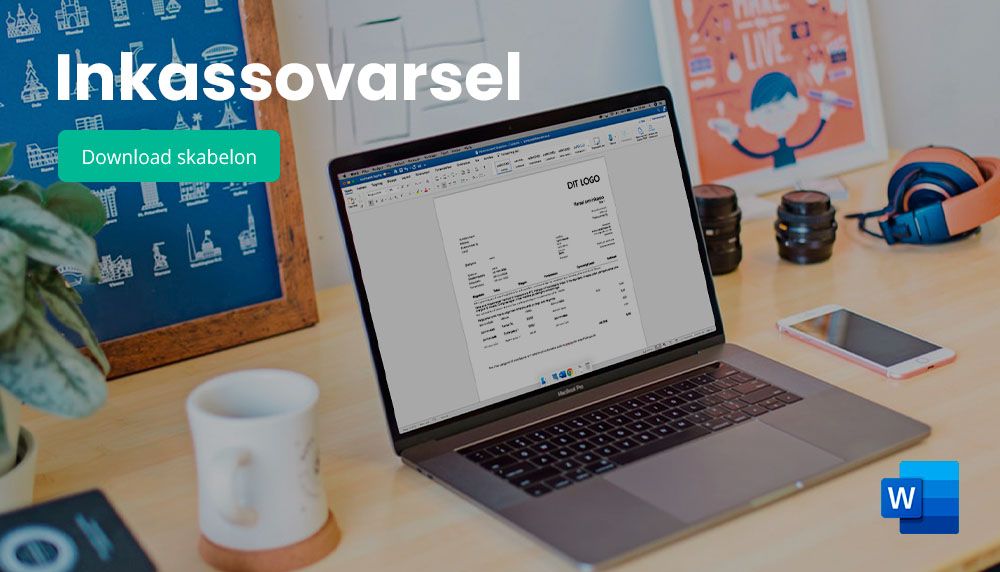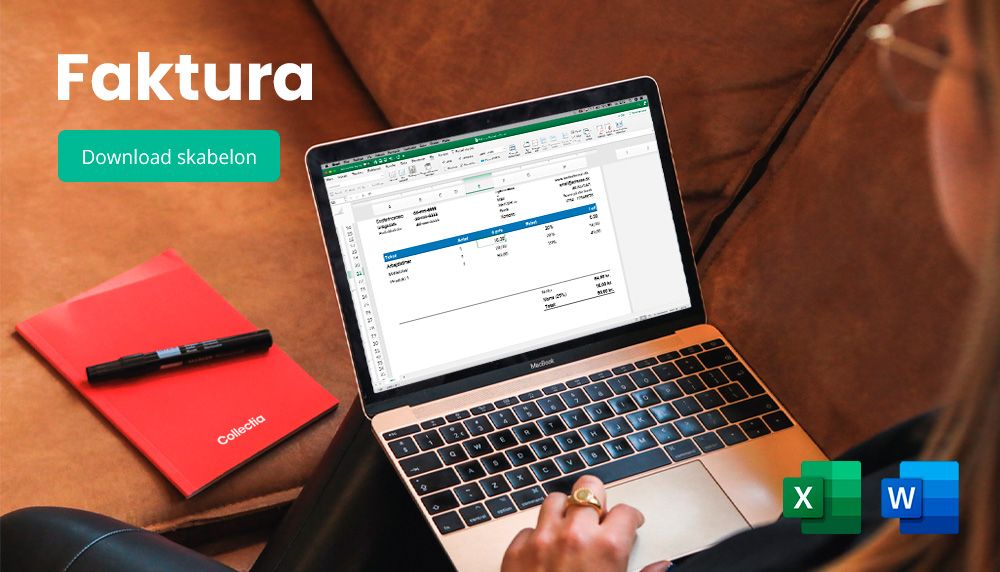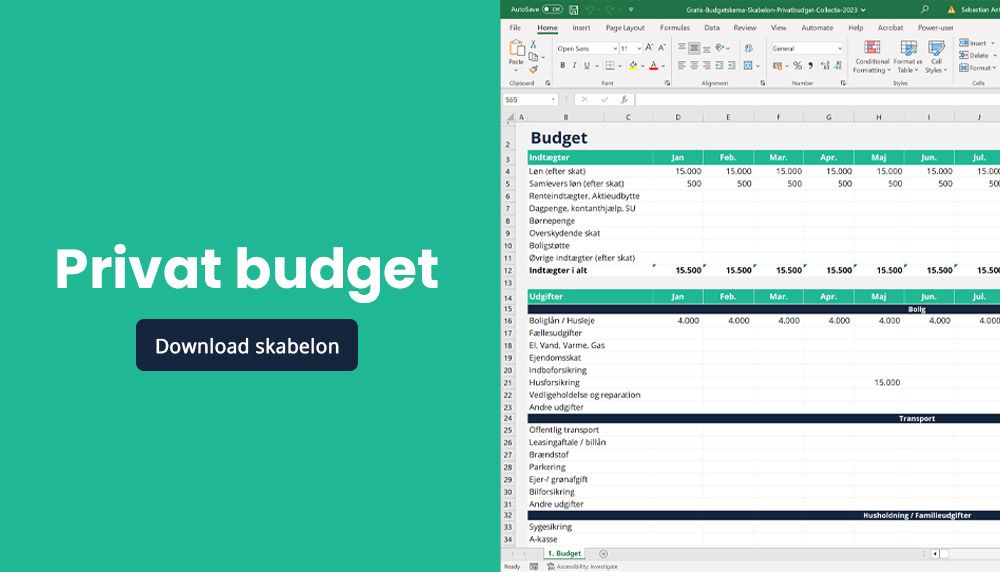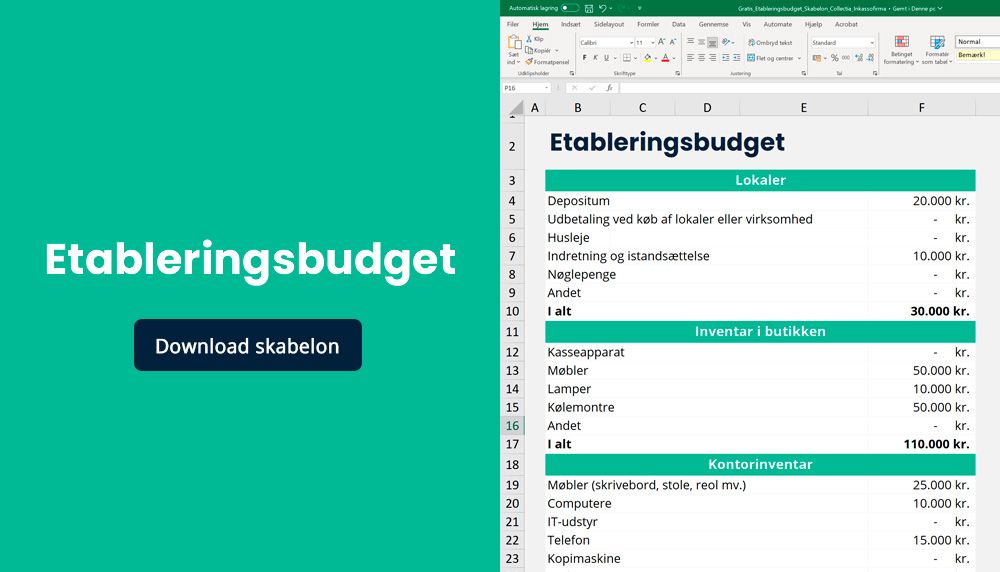
Instalment facility
Repayment plan is a term used in the context of debt - whether it is debt collection, bank debt or similar debt relationships.
Installment payment arrangements are established between a creditor and a debtor - or the creditor's collection agency /lawyer - and the debtor.
It is basically up to the debtor and creditor to agree, maintain and follow up on an installment payment arrangement. And there are basically no legal restrictions on the subject.
Instalment plans are a typical tool used in debt collection.
Why set up an instalment scheme?
There can be many reasons for maintaining an instalment payment plan; the typical one is that the debtor is not able to pay the full amount now and wants the amount to be paid in installments. An installment payment plan can basically be made over a few months up to several years.
Installment plans are a good tool for debt collection, where the debtor may not be able to pay the full amount owed right now, but has the financial leeway to do without a few hundred euros a month until the full amount is paid off.
The advantages of an installment payment plan are, of course, that the creditor actually gets his money, albeit in installments - and the debtor reduces his debt.
The disadvantages of an installment plan are that the creditor does not receive the full amount immediately. At the same time, there is a lot of administration and waste of resources involved in following up on the customer's individual installments.
Read also:
Set up an instalment plan
There are many ways to establish an installment plan - either during the purchase itself, or in a possible reminderand/or debt collection process, i.e. when it is determined that the amount has not been paid as agreed.
Regardless of the situation under which you want to set up an installment payment plan, there are a few good things you should always keep in mind when setting up an installment payment plan with your customer;
- Always get the repayment schedule in writing;
- how much is the principal amount?
- how much is the monthly repayment amount?
- when do the repayments start?
- how often should repayments be made?
- is there an administrative fee?
- Outline the consequences of defaulting on an instalment.
- Have the administration ready to manage the installment scheme; for example, who follows up on whether an installment scheme is respected? Who will follow up on defaults? etc.
Are instalment plans always a good idea?
We are often asked if installment plans are always a good idea. In our opinion, it's often a good idea, but not always. In cases where installment plans are your only chance to get your money, it is of course the only right solution for you and the customer. However, as a creditor, you should be aware that installment plans will require more administration - and thus more work to get your money. Who will handle the follow-up if an installment is missed? What are the consequences for missing an installment payment? And who will follow up every month to check if the payments are coming in on time?











